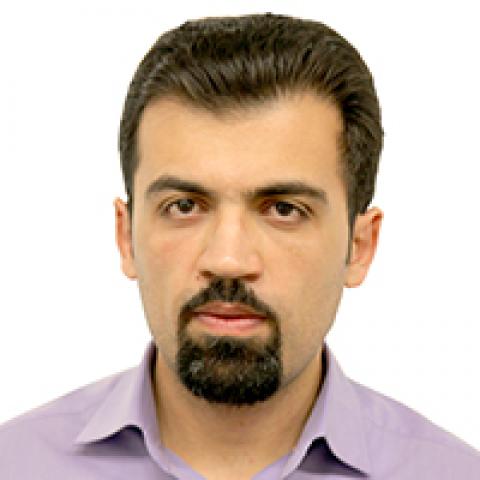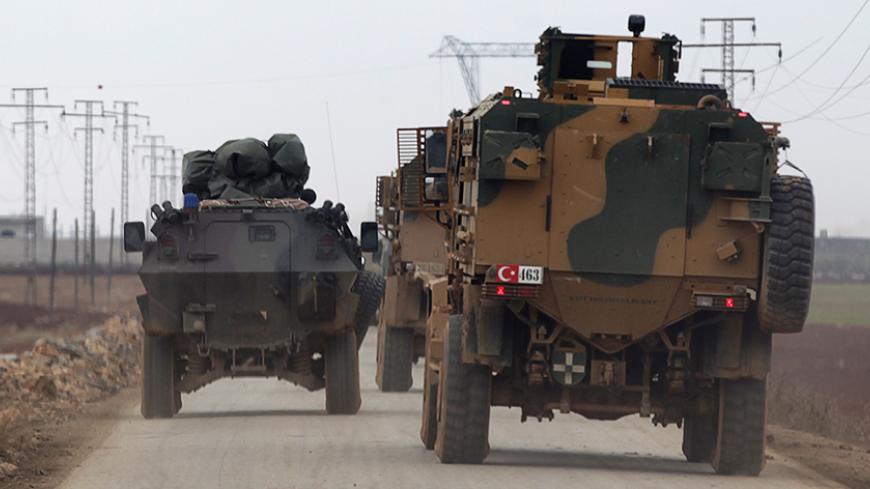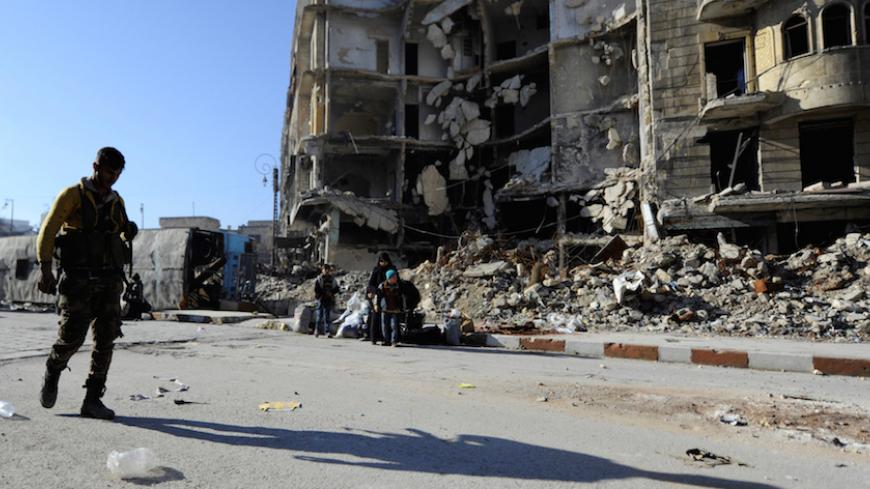Three reasons Iran should worry over Russia’s Syria plans
Despite successful cooperation with Moscow to help retake Aleppo, Tehran is likely to remain suspicious of Russian intentions and maneuvering in Syria.

After a long period of heavy fighting over the city of Aleppo, the Syrian army and its allies have managed to retake almost all of it from the rebel forces. It is a considerable achievement not only for the Syrian government, but also for Russia and Iran as its main allies. The victory in Aleppo came amid continued diplomatic efforts to address the violence in Syria.
On Dec. 8, Moscow announced a new round of talks between Russian Foreign Minister Sergey Lavrov and his US counterpart, Secretary of State John Kerry, to try to find a solution for the embattled city and possibly the entire country. As anticipated from the moment the talks were announced, and like the previous peace efforts by the two powers, the new diplomatic initiative did not lead to a successful outcome. Indeed, as early as Dec. 12, it was declared that the dialogue had ended in deadlock.








